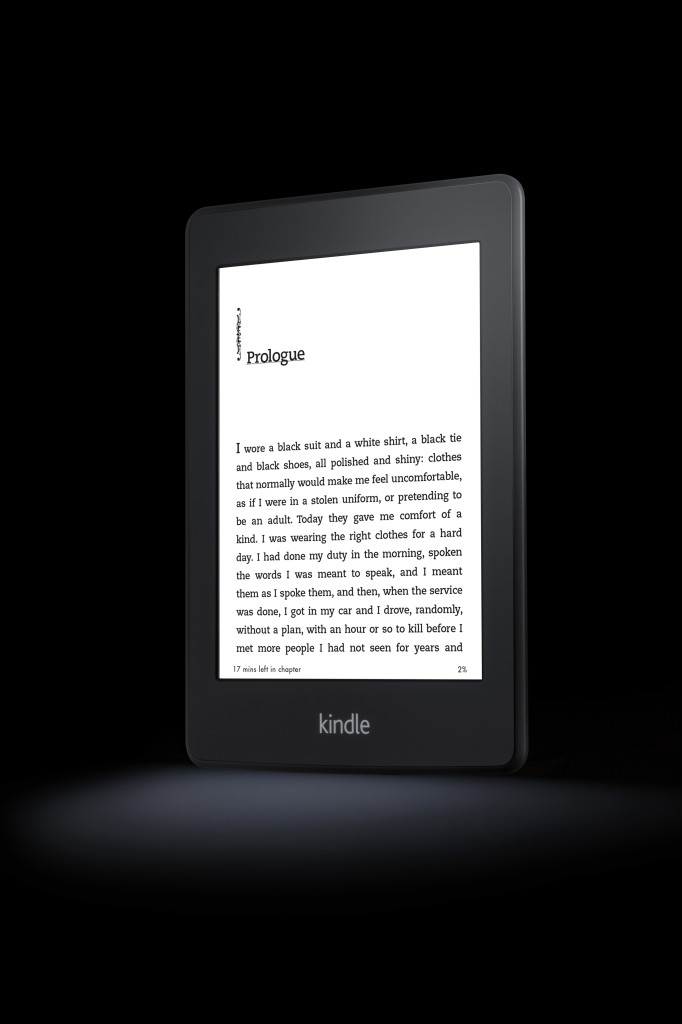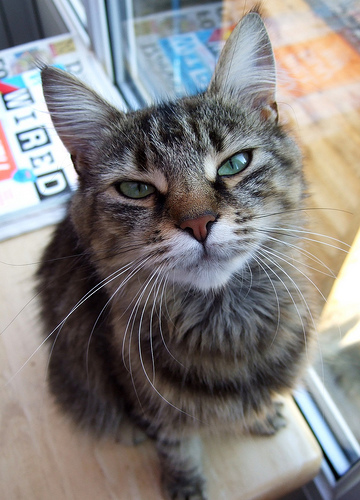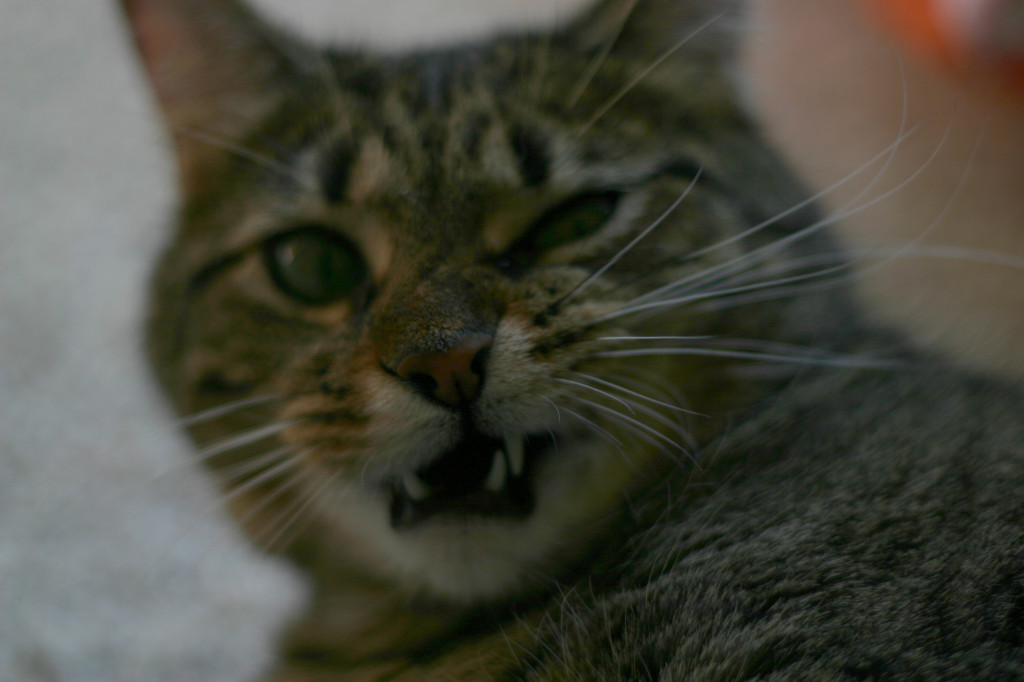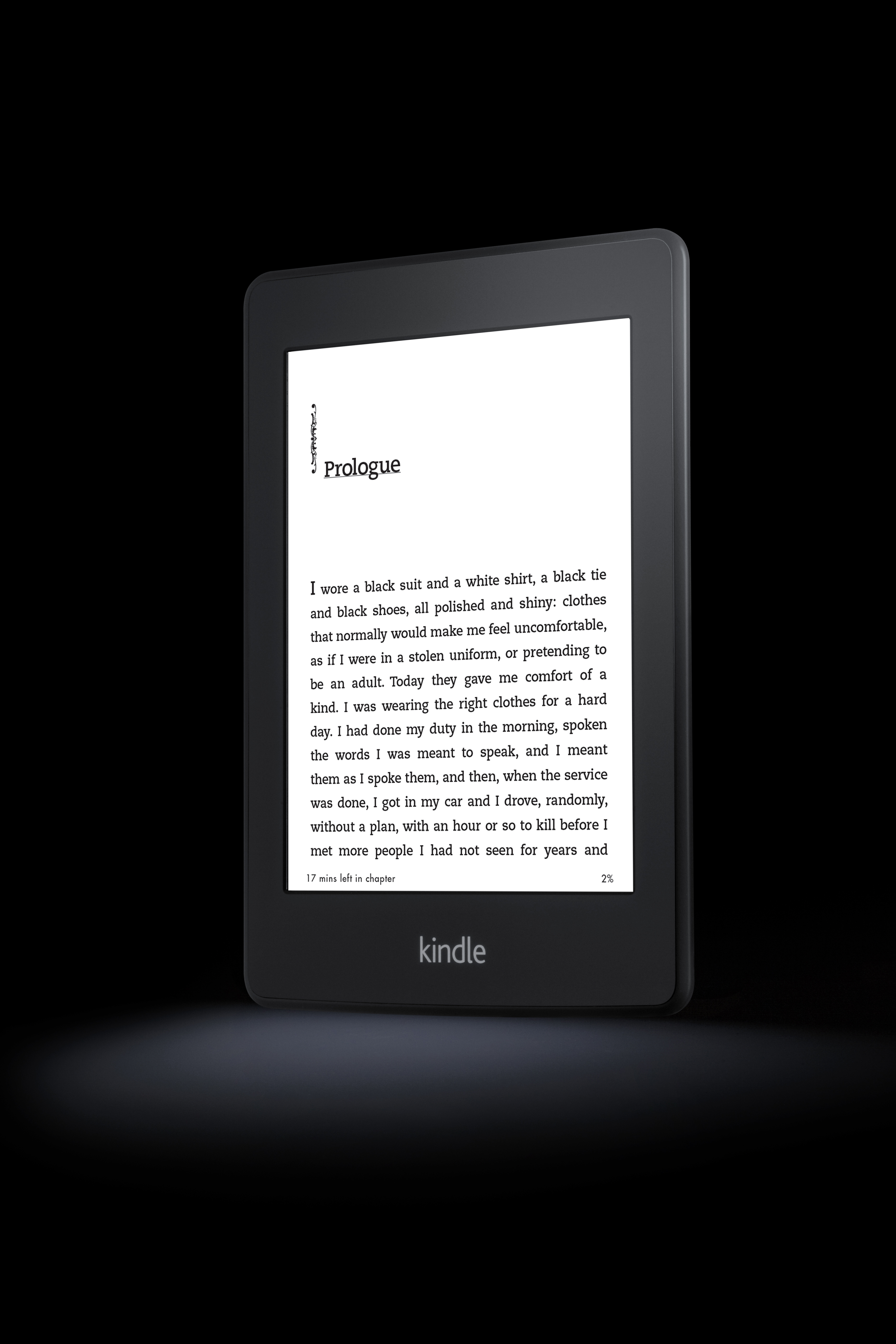Yes, Kindle Direct Publishing Select is good and bad for writers
I’ve wanted to write this post for a long time. I’ve used KDP Select for every one of my Shirley Link books at one time or another, and I’ve had some epiphanies about the KDP Select Global Fund that I’d like to share. Some of my insights come from watching Amazon grow since its early days. I think I’ve identified some consistent behavior that works for us little guys, and some bad habits that do not work for us in the least.
The benefits of KDP can be summed up quick and easy (just like Amazon likes it!):
-
Get your share of the $11 million KDP pie (known as the KDP Select Global Fund)
-
Free promotional days
-
Countdown deals
-
70% on all sales to Japan, Brazil, India and Mexico.
-
“Promotional possibilities”
I’ll cover the KDP Select Global Fund today. The rest of the touted benefits will be covered in their own posts.

The Amazon Treasure Chest: Do not pass go, do not collect $200
If you’re an indy writer, there’s a number you see floating around the mondo web. It’s a distracting number. It’s the kind of number that forces you to pay attention. Amazon loves to tout it. Lucky authors swear by it. And the rest of us are mostly confused by it.
$11 million.
The $11 million is cash from the KDP Select Global Fund that Amazon doles out to authors who opt-in to KDP by offering their book(s) exclusively on Amazon. If an author signs up for KDP Select and her books are borrowed by Prime members then she gets a cut of the monthly-updated fund.
Here’s how it works in a nutshell:
Sally is an Amazon Prime member. That means she pays $89 a year to get free shipping and other benefits from Amazon. She browses for books on Amazon and stumbles on one for sale at $2.99. But what’s this? Just above that price is a message informing her that she can read the book for free because she’s a Prime member.
All she has to do is borrow the Kindle book for as long as she wants and then check it back in from her device when she’s done. She decides to borrow the book.
The author gets up the next morning and checks her sales. In the Units Borrowed column of her online report (or the “Units Sold or Borrowed” column on her downloaded spreadsheet) she sees that someone borrowed her book last night. How much will she get paid for this borrowed book? Amazon determines the amount based on the size of the till (usually around $11 million) and the number of books borrowed in that month. Whatever percentage of the overall borrows that a book delivers is the percentage of the till that the author will receive.
I’ve seen first-hand that the amount paid for the borrow often matches or exceeds a straight sale.
So that means KDP is worth it!

Well, maybe.

There’s an old saying that comes to mind. “If you want to win the lottery, you have to buy a ticket.” One of the reasons that Amazon touts their monthly number is to activate that same trigger in your brain that sweepstakes do. Yes, you could win the lottery and KDP could do bonzo business for you. But unlike a lottery, you can do very well on Amazon, and in self publishing without it. You can find a following and make a good living. So you don’t have to buy a ticket to win on Amazon. But you do need to join KDP if you want a slice of the prize. A slice of the prize that could get you more visibility on Amazon, and consequently more sales.
The KDP treasure chest varies by month. It’s been over 10 million more than under a million in 2015. But what does that mean? Do you really have a chance to get a piece of that large pie?
Here’s the playing field you’re performing in. There are over 20 million Amazon Prime members who can check out your KDP Select book for free. Amazon has a big stake in showing those millions of people all of the amazing benefits they get for their $89 membership fee. One of those amazing benefits is your book!
But does Amazon do enough? Or, like the $11 million hard-sell, is it an ethereal opportunity, floating around for a few dozen people to leverage?
We’ll cover that in my next post about “Promotional possibilities.” Why do I have that term in quotes? Because it belongs there. It really, really belongs there.
Go to part 2!
by Ben Zackheim



Looking forward to the rest of the analysis! As a Nook reader myself, I detest KDPSelect for the exclusivity clause.
Yeah, I have a problem with it from a certain point of view. I’m a big proponent of being on “the shorter list”. That’s a term I have for being a little more in people’s field of vision because I’m on a shorter list. Being on KDP puts you on Amazon’s shorter list, and that’s a big deal. But does it really give you the most visibility? That’s in part two! Thanks for reading Rebecca. Now go write more Ninja Librarian, please! ;-)
I’ll be looking out for your next post. I’m currently reviewing the benefits of KDP Select. I’m erring on the side of not renewing at the end of the term.
Do you know if KDP Select books get any preferential treatment in Amazon searches?
Thanks for reading! I don’t know how Amazon treats my KDP Select book vs. your KDP Select book. However, I know for a fact that they give special treatment to my own KDP Select books vs. my own non-KDP Select books. I’ve seen my sales on non-KDP-S beat sales on KDP-S books, yet my KDP-S books are higher on search results and author pages.
Interesting. They really do sometimes seem like an evil giant.
And my next two books won’t be Ninja librarian books, but I am starting to accumulate stories of Skunk Corners, so there will be another eventually!
Excellent. Please let me know when your new books arrive, Rebecca.
Not a big fan of KDP Select at all, but I do have several permafree short stories and novellas. I tried KDP Select two years ago and had some success, but ultimately decided wide distribution is best for me.
I’m coming to that conclusion at my own snail’s pace, too, James. I think I’ll end up committing some titles to KDP. Just ones that make sense. For the rest I’ll likely come down on wide distribution, with a focus on selling locally.
Hi Ben.
Here’s another question:
How do I structure my free download days on kdp select? I get 5, right?
I’ve printed postcards that I will give away in a conference I’m attending next week in NYC, and I was thinking to coincide.
What are your thoughts on timing? How many days? how do I promote those days ahead of time?
My book tour is in early Nov.
Thank you!
P.S.p your books seem lovely! Too bad my kids are all grown up … (well, no, I like the fact that they’re grown up, actually…)
Great question. You do get 5. What’s worked for me is AT LEAST two days in a row for two promos. So I tend to do one for two days, wait a few weeks and then do one for three days. I run mine in the Tuesday, Wednesday, Thursday timeframe because that’s when trial-and-error has taught me to run them.
Promoting free days is tricky. You don’t want to stifle sales among interested readers. The “surprise” of seeing a book you want for free is the best dynamic you can go for. So with that in mind you should head to http://bookmarketingtools.com/submission-tool-features and use their tool to submit your free promo days to all of the sites that highlight free books. You have to pay, but I found it worth it. Here’s a post I did:
http://benzackheim.com/promote-your-book-to-30-sites-in-15-minutes/
If the price is too steep, then you can try to submit manually. The blog post above also mentions a source for that route.
Always prep at least two weeks out because the promo sites need sufficient heads-up to get your book listed.
Which NYC event are you going to?
Good luck!
Oh, and The Camelot Kids is for all ages. If you like a good Fantasy yarn then TCK may be a good read.